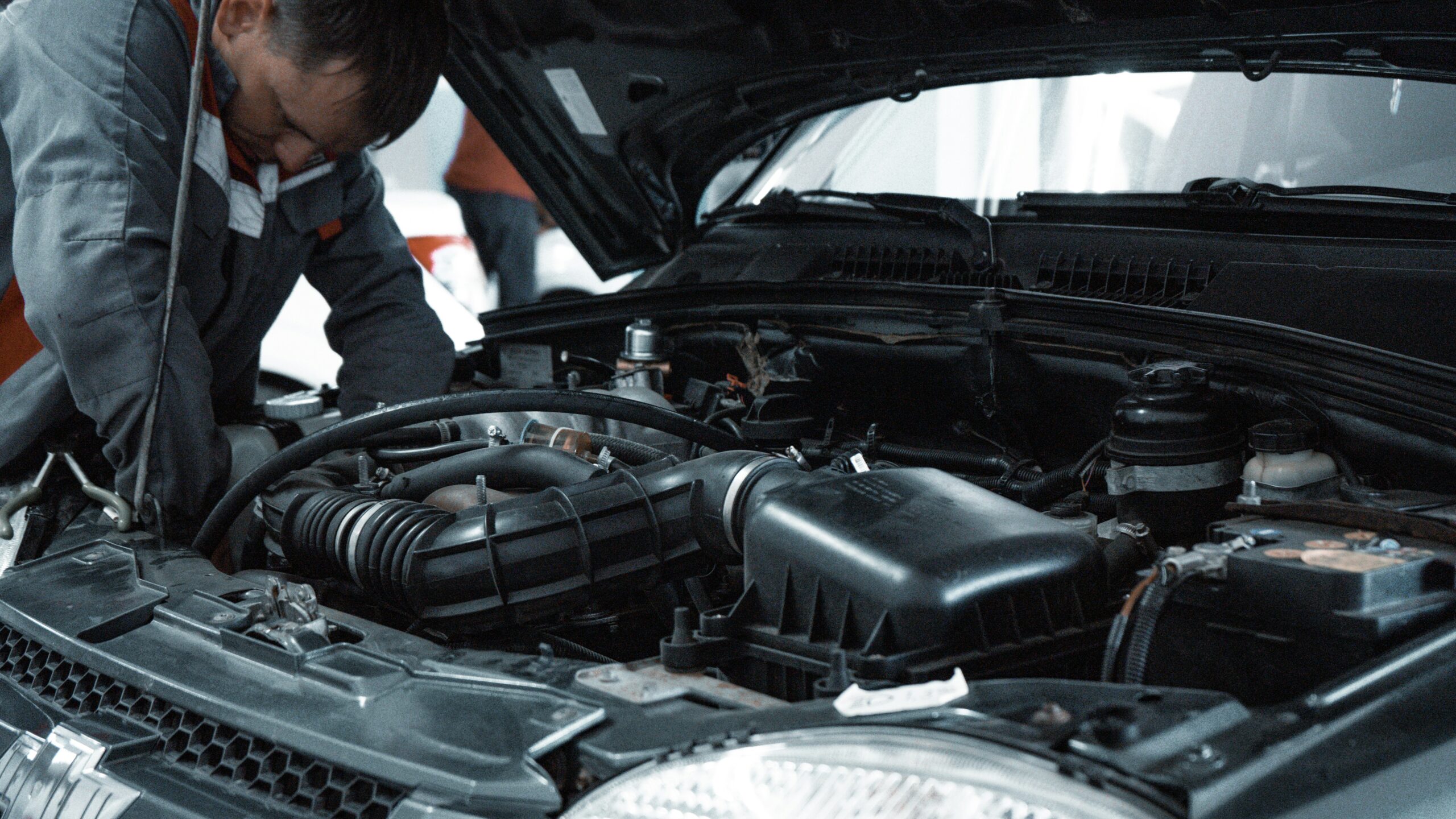Question: How can you tell if your engine is overheating in a vehicle without a temperature gauge?
Answer: There are several ways to tell if the engine in your car is overheating without a temperature gauge. Here are some of the simplest:
Check engine and/or a thermometer dashboard light: Many modern cars are equipped with lights in the instrument panel that indicate engine problems, including overheating. If you see a check-engine light or a thermometer icon illuminated, it’s a warning that your engine might be overheating.
Hot hood: Carefully touch the hood of your car. If it feels excessively hot, it could be a sign that the engine is running hotter than it should be. Be cautious when doing this to avoid burns.
Smoke, steam or vapor: If you notice smoke, steam or vapor coming from under the hood, it’s a visible indication that your engine is overheating. This is often due to coolant boiling and escaping from the radiator or coolant reservoir.
Thumping, clicking or clanking noises: Unusual noises coming from the engine, such as thumping, clicking or clanking, can indicate that the engine components are overheating and expanding or failing due to excessive heat.
Unusual smells: Overheating can cause various components, including rubber hoses and plastic parts, to emit unusual scents as they get too hot. If you detect a burnt odor, it’s a strong sign that your engine is overheating.
Performance issues: Overheating can cause a significant drop in your car’s performance. If you notice that your car is sluggish, losing power or misfiring, it could be because the engine is too hot and struggling to function properly.
Why is your car overheating?
Cars overheat for a number of reasons, but the most common causes are:
- Cooling system leaks: The cooling system includes components such as the radiator, hoses and water pump, all designed to keep your engine’s temperature in check. A leak can cause coolant levels to drop, leading to insufficient cooling.
- Bad radiator fan: The radiator fan is crucial for keeping your engine cool, especially when your car is idling or moving slowly. If the fan isn’t working right, the radiator can’t get rid of the heat effectively, causing the engine to overheat.
- Faulty water pump: The water pump’s job is to circulate coolant through the engine. If it’s not working, coolant flow is restricted, leading to overheating.
- Low engine oil: Engine oil doesn’t just lubricate; it also helps cool the engine. Low oil levels reduce its ability to absorb and dissipate heat, causing overheating.
- Thermostat failure: The thermostat controls the flow of coolant. If it fails and gets stuck in the closed position, coolant can’t flow, and the engine overheats.
What to do if your car overheats
If you suspect your car is overheating, follow these steps:
- Pull over safely: Find a safe spot to pull over and turn off the engine immediately.
- Wait before opening the hood: Allow the engine to cool down before opening the hood to check the coolant level or inspect for issues.
- Check coolant levels: Once the engine has cooled, check the coolant levels and add more if necessary.
- Call for help: If you cannot resolve the issue on your own, call for roadside assistance.

Sarah Gray is an insurance writer with nearly a decade of experience in publishing and writing. Sarah specializes in writing articles that educate car owners and buyers on the full scope of car ownership—from shopping for and buying a new car to scrapping one that’s breathed its last and everything in between. Sarah has authored over 1,500 articles for Jerry on topics ranging from first-time buyer programs to how to get a salvage title for a totaled car. Prior to Jerry, Sarah was a full-time professor of English literature and composition with multiple academic writing publications.

Phil Metzger is a personal finance editor and writer with more than 30 years of experience editing and writing content across a variety of industries. In writing and editing for Jerry, Phil’s mission is to help car owners better understand their vehicles and the costs associated with car ownership. Before joining Jerry, Phil worked as a writer and editor for newspapers, magazines, television radio and online news. His work has appeared in many major publications and websites over the years, including a series he edited that was a finalist for a Pulitzer Prize.







